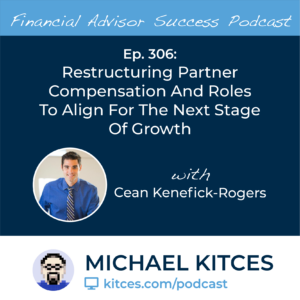Enjoy the current installment of “Weekend Reading For Financial Planners” - this week’s edition kicks off with the news that as enforcement of the SEC’s new marketing rule began on November 4, advisory firms are taking a variety of approaches. While some are looking to gain a first-mover advantage by leveraging client testimonials and third-party endorsements (and adjusting their compliance programs before doing so), others are taking a wait-and-see approach.
Also in industry news this week:
- Why “SECURE 2.0” appears to remain on track to be passed by the end of the year, no matter the final results of the midterm elections
- Amid an “incredibly active” period for cyberattacks, the director of the SEC’s examinations division highlighted the areas of cybersecurity where advisory firms are most often deficient
From there, we have several articles on advisor marketing:
- Three tactics advisors can use to improve their ‘close’ rate with prospective clients
- How a regular firm newsletter can keep clients engaged and improve retention
- The most effective question advisors can use to end initial prospect meetings
We also have a number of articles on retirement planning:
- How the recent increase in interest rates has made TIPS a more viable option to increase a retired client’s safe withdrawal rate
- Why advisors need to take care when analyzing the expected performance of Registered Index-Linked Annuities (RILAs)
- While “free” Medicare Advantage plans might sound enticing, advisors can help their clients assess whether a different plan might actually be more cost-efficient
We wrap up with three final articles, all about personal growth:
- How advisors can harness the power of compounding, not just with investments, but to improve their health and relationships as well
- How advisors can help their clients overcome the cyclical nature of investment knowledge, particularly when FOMO kicks in
- Five mindsets that advisors can use to create success in their professional and personal lives
Enjoy the ‘light’ reading!





 Welcome back to the 306th episode of the Financial Advisor Success Podcast!
Welcome back to the 306th episode of the Financial Advisor Success Podcast!


